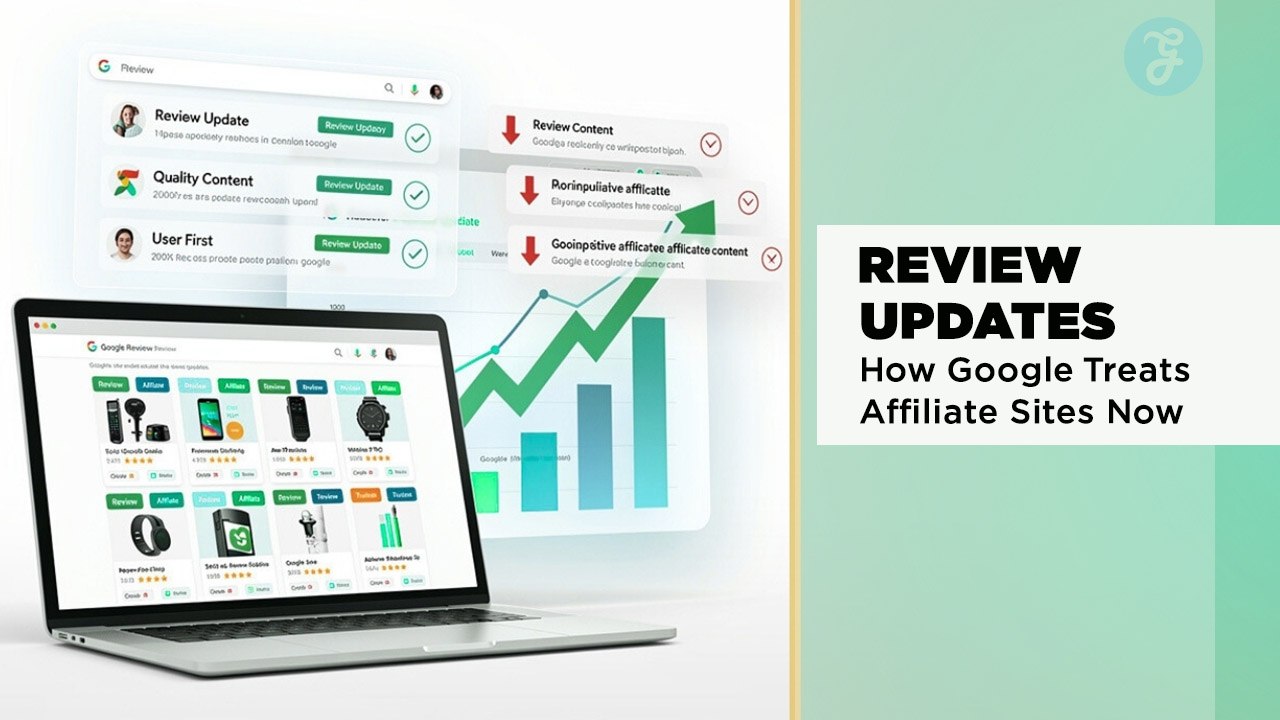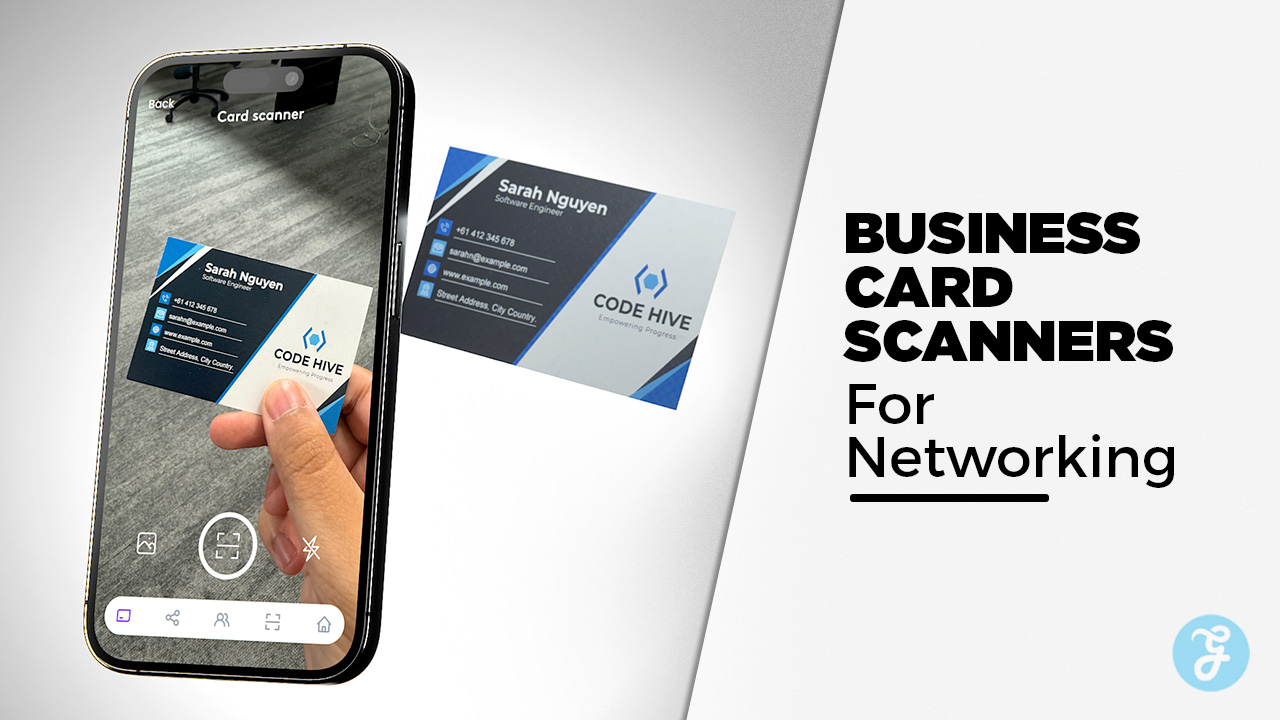Tax planning is a critical aspect of running a startup. In Australia, where startups face unique challenges, proper tax planning can significantly influence a business’s financial health.
By implementing efficient tax strategies, startups can minimize their tax burden, reinvest savings into their business, and achieve sustainable growth.
This article dives into seven practical tax planning strategies for startups in Australia, designed to help entrepreneurs navigate the complex tax landscape, comply with regulations, and optimize their finances .
Why Tax Planning Matters for Startups?
Tax planning is about more than just reducing liabilities. It’s a proactive approach to aligning your financial goals with tax regulations. For startups, where every dollar counts, effective tax planning can:
- Free up resources for reinvestment.
- Ensure compliance with tax laws, avoiding fines or audits.
- Improve cash flow and overall financial stability.
- Enable better decision-making and long-term business growth .
Understanding and implementing the right tax strategies can make the difference between thriving and merely surviving in Australia’s competitive business environment.
1. Leverage the Small Business Tax Offset
Why It Matters
The Small Business Tax Offset is a vital incentive for startups in Australia, allowing them to save a significant portion of their tax liabilities. Startups often operate with limited resources, and every dollar saved can make a considerable difference in their ability to reinvest and grow.
By reducing the tax burden, startups can allocate funds towards hiring employees, upgrading technology, or marketing efforts. Additionally, the tax offset simplifies financial planning by providing predictable tax savings .
For startups in their initial stages, where cash flow management is critical, leveraging this offset can contribute to long-term sustainability and success. Understanding how to qualify for and maximize this benefit ensures startups can fully utilize the resources available to them.
How It Works
The small business tax offset applies to sole traders, partnerships, and trusts with an aggregated turnover of less than $5 million. The offset is calculated as a percentage of the tax payable on your business income.
| Eligibility Criteria | Details |
| Aggregated Turnover | Less than $5 million |
| Offset Rate | Up to 16% of tax payable on business income |
| Maximum Offset Per Year | $1,000 |
Actionable Tip
Work with your accountant to determine eligibility and calculate the exact savings for your business.
2. Maximize Deductions on Start-Up Costs
Why It Matters
Start-up costs can place significant financial pressure on new businesses. These initial expenses, ranging from legal fees to marketing efforts, often drain resources before a business becomes profitable.
By maximizing deductions on these costs, startups can reduce their taxable income, allowing them to retain more capital for crucial business operations. Deductions also level the playing field, making it easier for smaller businesses to compete in established markets.
This approach not only improves cash flow but also fosters a culture of financial discipline and strategic planning . For startups navigating Australia’s competitive landscape, taking full advantage of allowable deductions can mean the difference between surviving and thriving.
Eligible Costs
- Legal and accounting fees.
- Costs related to market research .
- Government registration fees.
| Deductible Startup Costs | Examples |
| Legal Fees | Drafting contracts, permits, etc. |
| Accounting and Bookkeeping | Setting up accounts, financial planning |
| Market Research | Surveys, focus groups, reports |
Actionable Tip
Keep detailed records of all initial expenses and consult a tax professional to ensure you claim all eligible deductions.
3. Take Advantage of the R&D Tax Incentive
Why It Matters
Innovation drives growth, particularly for startups seeking to carve a niche in their respective industries. The R&D Tax Incentive is a game-changer, encouraging startups to invest in research and development without the financial strain.
This incentive reduces the cost of developing new products, technologies, or processes, fostering creativity and competitive advantage. It also enables startups to explore innovative solutions without the fear of financial overextension. By leveraging this benefit, startups can focus on long-term value creation and market differentiation.
In an economy that rewards innovation, the R&D Tax Incentive provides a safety net, enabling startups to push boundaries and establish themselves as industry leaders.
How It Works
- Eligible startups can claim a refundable tax offset of up to 43.5% for R&D expenditure.
- R&D activities must be registered with AusIndustry to qualify.
| Eligibility Criteria | Details |
| Turnover | Less than $20 million |
| R&D Activities | Must involve technical innovation |
| Refundable Offset Rate | 43.5% of eligible R&D expenses |
Actionable Tip
Identify R&D activities within your operations and consult a specialist to ensure compliance and maximize benefits.
4. Structure Your Business Tax-Efficiently
Why It Matters
The legal structure of a business profoundly impacts its tax obligations, cash flow, and liability exposure. Choosing the right structure can lead to significant tax savings, allowing startups to allocate funds toward growth initiatives.
For instance, companies benefit from a lower corporate tax rate, while trusts offer flexibility in income distribution. On the other hand, sole traders face simplicity but often higher tax brackets. Understanding these nuances is critical for startups aiming to minimize tax burdens and optimize financial performance.
A tax-efficient structure also reduces compliance risks, providing startups with a stable foundation for sustainable growth in a competitive market.
Comparison of Business Structures
| Structure | Benefits | Tax Implications |
| Sole Trader | Simple setup, low cost | Personal income tax rates |
| Partnership | Shared responsibility | Partners taxed individually |
| Trust | Flexibility in income distribution | Beneficiaries taxed on distributions |
| Company | Lower tax rates (25% for small business) | Complex setup, separate legal entity |
Actionable Tip
Seek professional advice to determine the most tax-efficient structure for your startup based on its size, goals, and industry.
5. Claim Depreciation on Business Assets
Why It Matters
Business assets, whether machinery, office equipment, or technology, form the backbone of many startups. Over time, these assets lose value due to wear and tear, impacting the overall financial standing of the business.
Depreciation allows startups to claim deductions for this loss of value, effectively reducing taxable income. This not only improves cash flow but also offsets the cost of future asset replacements or upgrades. For startups operating with tight budgets, depreciation deductions can provide much-needed financial relief.
By keeping accurate records and understanding depreciation schedules, startups can maximize these benefits and maintain a strong financial position while reinvesting in critical assets.
Eligible Assets
- Machinery and equipment.
- Computers and software.
- Office furniture.
Instant Asset Write-Off
Under the instant asset write-off scheme, startups can immediately deduct the cost of eligible assets up to a certain threshold.
| Asset Category | Example |
| Equipment | Machinery, tools |
| Technology | Laptops, software |
| Furniture | Desks, chairs |
Actionable Tip
Maintain accurate records of asset purchases and depreciation schedules.
6. Use Fringe Benefits Tax (FBT) Exemptions
Why It Matters
Employee benefits play a pivotal role in attracting and retaining talent, especially for startups competing with larger organizations. However, Fringe Benefits Tax (FBT) can add to the financial burden of providing perks like company cars or meal allowances.
Understanding FBT exemptions allows startups to offer competitive benefits without incurring excessive costs. For example, exemptions on work-related tools or minor benefits under $300 can significantly reduce FBT liabilities.
This not only saves money but also enhances employee satisfaction and productivity. By utilizing FBT exemptions strategically, startups can strike a balance between financial prudence and offering meaningful incentives to their teams.
Common FBT Exemptions
- Work-related items such as laptops or mobile phones .
- Minor benefits below $300.
| FBT Exemptions | Example |
| Work-Related Tools | Laptops, phones |
| Minor Benefits | Meal vouchers, small gifts |
Actionable Tip
Review your benefits offerings to minimize FBT liabilities while enhancing employee satisfaction.
7. Keep Accurate Financial Records
Why It Matters
Accurate financial records are the cornerstone of effective tax planning and overall business success. For startups, maintaining meticulous records ensures compliance with tax laws, prevents penalties, and simplifies the audit process.
More importantly, it enables businesses to identify all eligible deductions and credits, maximizing tax savings. Good record-keeping also facilitates better financial decision-making, helping startups track cash flow, forecast expenses, and plan for growth .
In a competitive market, having up-to-date financial data can be a strategic advantage, allowing startups to adapt quickly to changing conditions. Investing in reliable accounting tools and processes is not just a compliance measure but a critical step toward long-term sustainability.
Best Practices
- Use accounting software to track income and expenses.
- Separate personal and business finances.
- Retain all receipts and invoices.
| Record-Keeping Tools | Features |
| Xero | Cloud-based accounting, tax reports |
| MYOB | Payroll integration, tax calculations |
| QuickBooks | Expense tracking, invoicing |
Actionable Tip
Invest in reliable accounting software and establish a routine for updating records.
Final Thoughts
Effective tax planning strategies for startups in Australia are not just about compliance—they are about creating opportunities for growth and financial stability.
From leveraging offsets and deductions to structuring your business tax-efficiently, these strategies can help startups minimize tax burdens and reinvest savings into their ventures.
By staying informed and working with tax professionals, Australian startups can navigate the complexities of taxation and focus on scaling their businesses. With the right approach, you can ensure that your startup thrives in Australia’s competitive market.
Take proactive steps today and position your startup for long-term success !





































